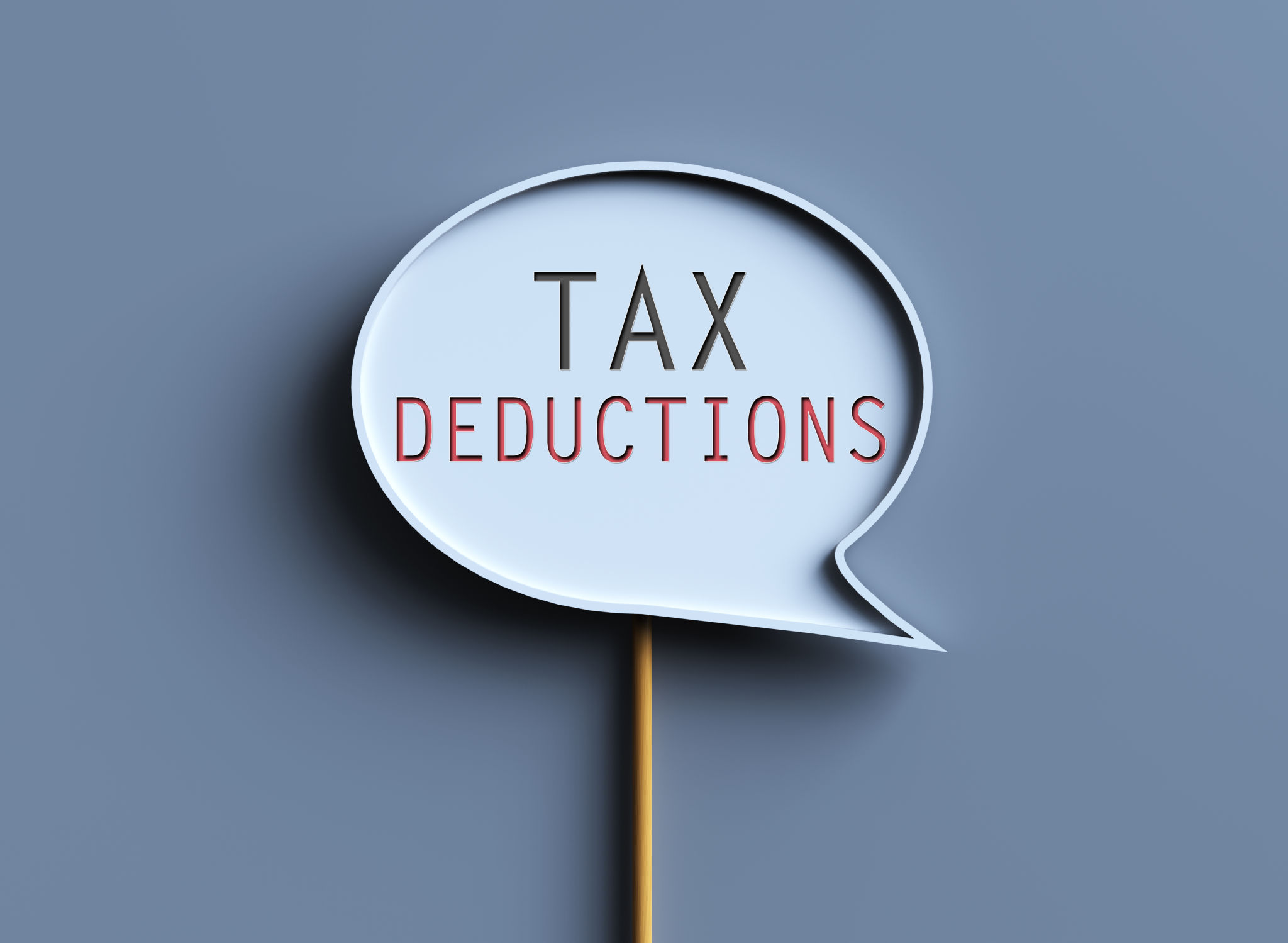The Comprehensive Guide to Filing Taxes in the U.S.: What You Need to Know
Understanding the U.S. Tax System
Filing taxes in the United States can seem daunting, especially for first-timers. The tax system is managed by the Internal Revenue Service (IRS) and involves understanding various forms, deductions, and credits. Whether you're an individual filer or a small business owner, having a clear grasp of the basics is crucial to ensuring compliance and maximizing your returns.

Who Needs to File?
Not everyone is required to file a tax return. Generally, your filing requirement depends on your income, filing status, age, and whether you are a dependent. It's important to check the IRS guidelines each year as these thresholds can change. For instance, if you're single under 65 and earn over $12,550 in a year, you are required to file.
Gathering Necessary Documents
Before you start filing, gather all necessary documents. This typically includes your W-2 forms from employers, 1099 forms for other income, and any relevant receipts or documentation for deductions and credits. Keeping an organized record of these documents will streamline the filing process and reduce stress as deadlines approach.

Choosing the Right Filing Status
Your filing status determines your tax bracket and eligibility for certain credits and deductions. The common statuses include single, married filing jointly, married filing separately, head of household, and qualifying widow(er). Selecting the correct status can significantly impact your tax liability or refund.
Deductions and Credits
Understanding the difference between deductions and credits can help reduce your tax bill. Deductions lower your taxable income, while credits directly decrease the amount of tax you owe. Some common deductions include student loan interest and mortgage interest, while popular credits include the Earned Income Tax Credit (EITC) and Child Tax Credit.

Filing Methods
There are several ways to file your taxes: electronically through IRS Free File or commercial software like TurboTax and H&R Block, or by mailing a paper return. Electronic filing is generally faster and more secure, with the added benefit of quicker refunds if you're due one. Ensure you choose a method that suits your comfort level and needs.
Important Deadlines
Tax season typically starts in late January and runs until April 15th. If you miss this deadline, you may face penalties unless you file for an extension. An extension gives you extra time to file but does not extend the time to pay any taxes owed. It's crucial to mark these dates on your calendar to avoid last-minute stress.

Seeking Professional Help
If the process feels overwhelming, consider hiring a tax professional. Certified Public Accountants (CPAs) or enrolled agents can offer valuable advice and ensure accuracy in your filing. They can also help identify potential savings you might miss when filing on your own.
Staying Informed and Prepared
Tax laws frequently change, impacting everything from deductions to filing requirements. Staying informed through reliable sources such as the IRS website or financial news outlets ensures you're up-to-date with any new regulations that might affect your taxes. Moreover, maintaining organized financial records throughout the year can make tax season much smoother.
